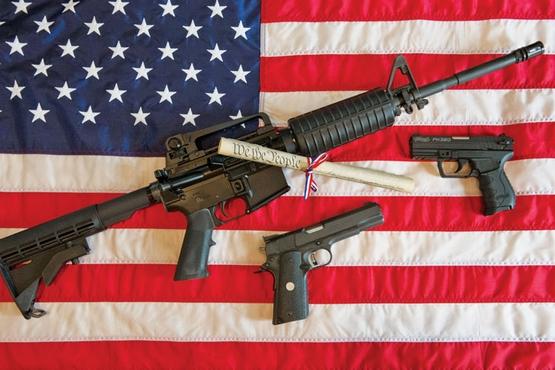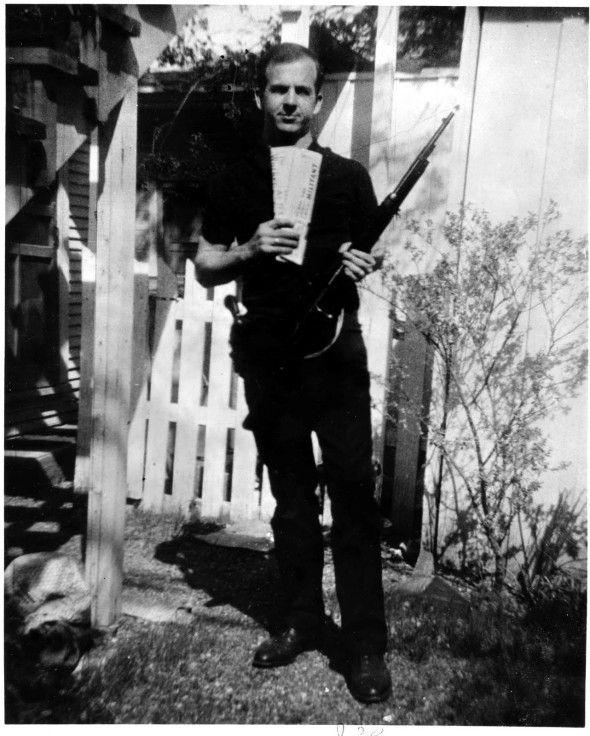NOTES ON: The 2nd Amendment- The Right to Bear Arms
It’s important to understand the the Founding Fathers were a bunch of different people with different opinions (see James Madison’s notes on the Constitutional Convention for lots of fun debates with the Founding Fathers)
- In an 18th-century context, it was about having citizen militias as opposed to standing armies.
- It’s really important to recognize that the notion of a standing army was a massive bugbear for 18th-century liberalist positions, and as many of the colonists had migrated to the new world to escape such European conditions as the New Model Army in the middle decades of the 17th century, or James II’s standing army in the 1680s, the idea was to not let that kind of shit happen anymore.
- It’s the same idea that drives the amendment about having to quarter troops: that a standing army is a threat to a democratic government and the freedoms of the people who comprise it.
[All common law countries with written constitutions have two primary sources of constitutional law: the text itself and judicial interpretation of the text (jurisprudence). And since the text itself is very hard to change (in the US it requires agreement from 75% of the states), most changes in constitutional law come from evolution of the jurisprudence.
In the US, the 2nd amendment is old and poorly worded and the states are in disagreement, so it falls to the courts to interpret (set?) the law.
Now there are lots of philosophies on constitutional interpretation, but some key members of the Supreme court are enamored with original-ism (cough Scalia cough), which is the thought that the constitution should be interpreted according to the intent of the drafters.
Now lots of people think this is ridiculous because the drafters had no concept of iron birds or assault rifles or countless other factors that are extremely relevant to the discussion. I tend to agree but original-ism has its philosophical benefits: it puts the onus of constitutional developments on elected bodies and it has a certain rigidity to it that some people like (flexible law is no law at all as they say).
But as long the states cannot agree on a redraft or the USSC still clings to original-ism, then the intent of the founders will continue to matter.]
- Originally, the Second Amendment was viewed much more as a collective right. The important thing was that individuals be armed as part of a group responsibility. IOW, you needed to have a gun in case you were needed to help overthrow a tyrannical government.
- After the Civil War, the whole discussion about collective versus individual rights changed, and having a gun became much more about self defense. This was in direct response to the newly Reconstructed South.
- For those men who were allowed to own guns, the Founders had their own version of the “individual mandate” that has proved so controversial in President Obama’s health-care-reform law: they required the purchase of guns. A 1792 federal law mandated every eligible man to purchase a military-style gun and ammunition for his service in the citizen militia. Such men had to report for frequent musters—where their guns would be inspected and, yes, registered on public rolls.
[As a note, even if one takes the position that it is the collective right for the militia rather than the individual right, Section 313 Title 32 states that every man 17-64 is a part of the unorganized militia.]
- Now, gun-rights activists seem to be arguing that restrictive gun laws passed by Hitler were the impetus to his rise. That’s completely baseless as the Weapons Act was passed five years after Hitler’s ascension to power. Moreover, Hitler’s repressive tactics decimated the liberal ranks of Germany’s political system before the Weapons Act.
- In the US, a lot of the first gun restrictions got passed in the post-reconstruction south explicitly to disarm blacks as part of the establishment of Jim Crow.
- Loaded open carry was specifically banned in California after the Black Panthers marched on the state capitol building in 1968. They couldn’t charge them with anything so it was made illegal the next day.
- There weren’t really gun control laws as we know them during the 18th century, and especially in New England, lots of folks served in the colonial militias. I imagine gun ownership became more common the further away from the big cities you went, both for making a living and because American settlers were terrified of Native American raids.
- As for JFK, his assassination was added to assassinations of MLK, Malcom X, and RFK and was part of the impetus for the Gun Control Act of 1968, which, among other things, effectively banned direct mail order of firearms to non-licensed persons, which is how Oswald got his rifle.













Leave a comment